There are a number of ways you can do that, they all revolve around translating the formula into executable code.
Do you want to write your own parser or do you wnat to use an existing one. C# itself, IronPython, IronRuby, some off the shelf component. If you use a full parser you might want to look at how to restrict what the user can do with it, inadvertantly or otherwise...
If they are as simple as they look, some sort of expression builder, (pick two named values and an operator) might be the way to go, but modularise, both building the expression and evaluating it so you can beef up at some later point.
However given how simple they appear to be, I'd be tempted to predefine expressions (loaded as meta data from some sort of backing store, and make it select one of these as opposed to user entering it. You could easily spend months at this aspect of the design, is it worth it?
